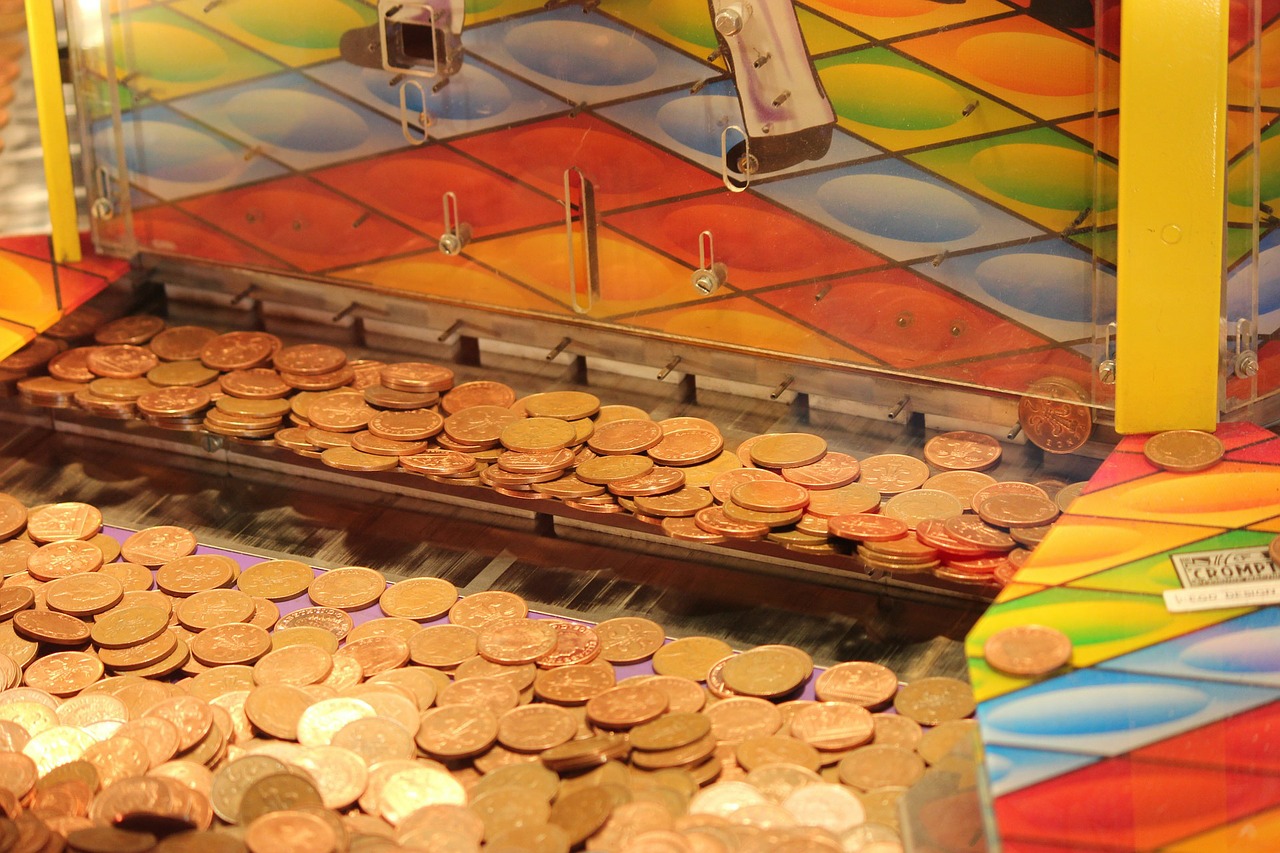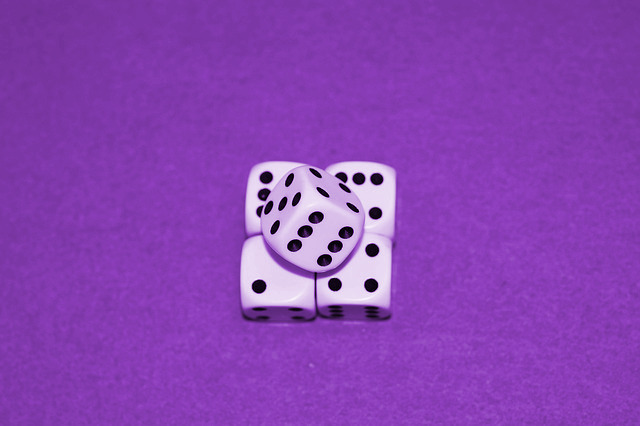Who is Who Angel Pavlovsky
The number of poker hands anyone can have is comparatively limited, but in addition to the hands themselves there are so many other variables that rarely if ever is a particular play always right or always wrong. Your play is affected by the size of the pot, your position, the opponent or opponents you are facing, the way they have been playing, the amount of money they have and you have, the flow of the game, and other, more subtle factors.

Similarly, when you don’t think a value bet is justified with a fair hand, since your opponent will only call if he has you beat, then if you miss your hand, you should usually bluff. For when you bluff, it is possible your opponent will throw away his fair hands. On the other hand, if you come right out betting in first position, you cost yourself money when a check-raise would have worked.
Bluffing can be separated into a couple of different categories. There is $80 in the pot, and you think you can get away with a bluff one out of three times. Your position can also affect the chances of a bluff’s success. But if no one bets behind you, you have lost a few bets from players who would have called a bet from you, while you have given a free card to players who wouldn’t have called.

